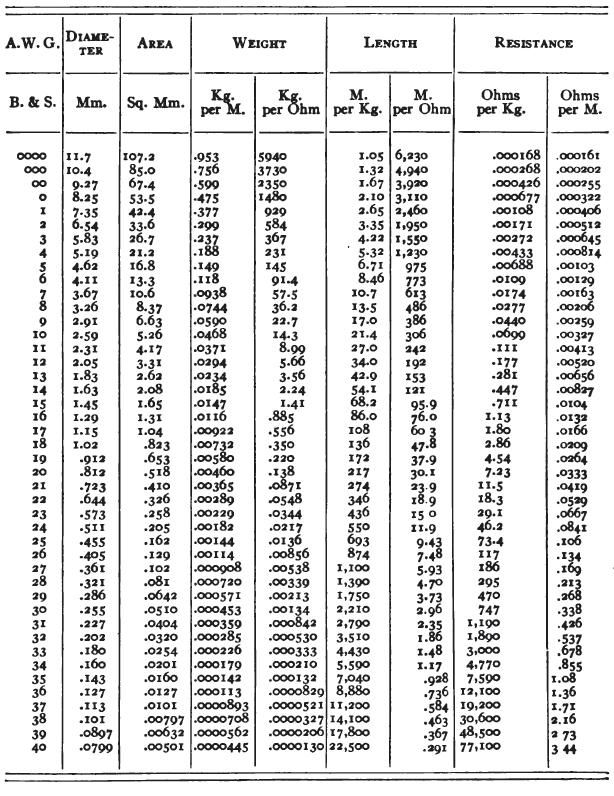|
|
Post by audiofile on Dec 1, 2013 11:59:23 GMT -5
What is the difference between a set of bi-wired speaker cables and a pair of jumpers with respects to speaker performance?
Or do they do the same thing just with a different physical configuration?
I ask as I'd like to do the right thing when I get my new to me Aerial Acoustic 8B's.
Thanks!
|
|
|
|
Post by frenchyfranky on Dec 1, 2013 12:06:56 GMT -5
Nothing, but for myself I prefer bi-wired, it doubling the speaker gauge cable and remove the cheap brass plated jumpers, It couldn't be wrong.
Increasing the speaker cable gauge is always a good thing and removing metal alloy like brass in the electronic chain is a good thing too.
|
|
|
|
Post by geebo on Dec 1, 2013 12:14:50 GMT -5
It will not hurt anything and can have certain electrical advantages depending on who you talk to. Whether you can hear a difference is something only you can determine. I have never been able to discern any difference and so I don't bother with it anymore. I just use 10AWG Emotiva cables.
|
|
|
|
Post by Boomzilla on Dec 1, 2013 12:14:52 GMT -5
Actually, the resistance is identical either bi-wired OR single wired.  That said, I agree with Frenchy - Sometimes it makes a difference in how things sound. |
|
|
|
Post by Cory Cooper on Dec 1, 2013 12:22:12 GMT -5
I have run my B&Ws both ways and there isn't any difference to my ears whatsoever. I never tried actually bi-amping them, but that's a slightly different animal altogether.
I agree with geebo - I used to run Monster Cable bi-wires, but switched to Emotiva X Series and never looked back.
C
|
|
|
|
Post by Boomzilla on Dec 1, 2013 12:43:01 GMT -5
I'd generally agree with geebo & Cory Cooper. The difference (if you can hear one at all) is generally minuscule, IMHO. Of all the speakers I've tried, only one pair sounded significantly different and that was probably more because of bi-amplification than bi-wiring. Nevertheless, it's generally not much difference in cost, so there's no harm in trying. I like Blue Jean cables with their "sonic weld" technology that is probably lower resistance than soldering. I get the same result, resistance-wise, by using heavier wires and more of them. Soldering heavy wires, though, is messy. Unless you're a DIY kind of guy, just find some 10 to 12 gauge cables and spend the rest of your time listening. The old Monster Cables had the right idea in mind - bigger wires = lower series resistance.
|
|
|
|
Post by frenchyfranky on Dec 1, 2013 12:50:05 GMT -5
Actually, the resistance is identical either bi-wired OR single wired.  That said, I agree with Frenchy - Sometimes it makes a difference in how things sound. Boomzilla, as per the below AWG chart; if you use a 10 gauge speaker cable for 3 M you have a result of 5.26 mm area of copper for .00327 Ohms/M X 3M = total of .00981 Ohms of resistance. If you bi-wired with two 10 gauge speaker cable for 3 M you have a result of 5.26 mm area X 2 = 10.52 mm area of copper, so the equivalent of the area of a 7 gauge cable for .00163 Ohms/M X 3M = total of .00489 Ohms of resistance instead of .00981 Ohms of resistance. Conclusion: When you double the speaker wire you divide by 2 the copper resitance, as you can see with bigger cable the result are very small (.00XXX) in mOhms but if you doing this exercise with smaller cable and longer run the result will be more valuable, ex: 16 gauge speaker cable for 10 M you have a result of 1.31 mm area of copper for .0132 Ohms/M X 10M = total of .132 Ohms of resistance. If you bi-wired with two 16 gauge speaker cable for 10 M you have a result of 1.31 mm area X 2 = 2.62 mm area of copper, so the equivalent of the area of a 13 gauge cable for .00656 Ohms/M X 10M = total of .0656 Ohms of resistance instead of .132 Ohms of resistance. Could we hear it and make the difference? I think in some case, yes but not in all.  |
|
|
|
Post by frenchyfranky on Dec 1, 2013 12:57:52 GMT -5
I have run my B&Ws both ways and there isn't any difference to my ears whatsoever. I never tried actually bi-amping them, but that's a slightly different animal altogether. I agree with geebo - I used to run Monster Cable bi-wires, but switched to Emotiva X Series and never looked back. C I'm also using Emotiva X Series 10 gauge speaker cable but in bi-wired configuration and I love it, maybe I just paid twice for nothing, but at the final result I love the dynamic and the transient speed that I hear. |
|
|
|
Post by Boomzilla on Dec 1, 2013 13:04:40 GMT -5
The only reason I typically double wires is that wire is CHEAP! If low series resistance is a good thing, then for no significant cost, I can biwire, quad-wire, or double-single wire without much trouble. On the other hand, I think that DYohn's signature applies here: Inaudible is inaudible and there's no gain for "more inaudible" (this isn't exactly right, but it captures the essence if the idea).
|
|

